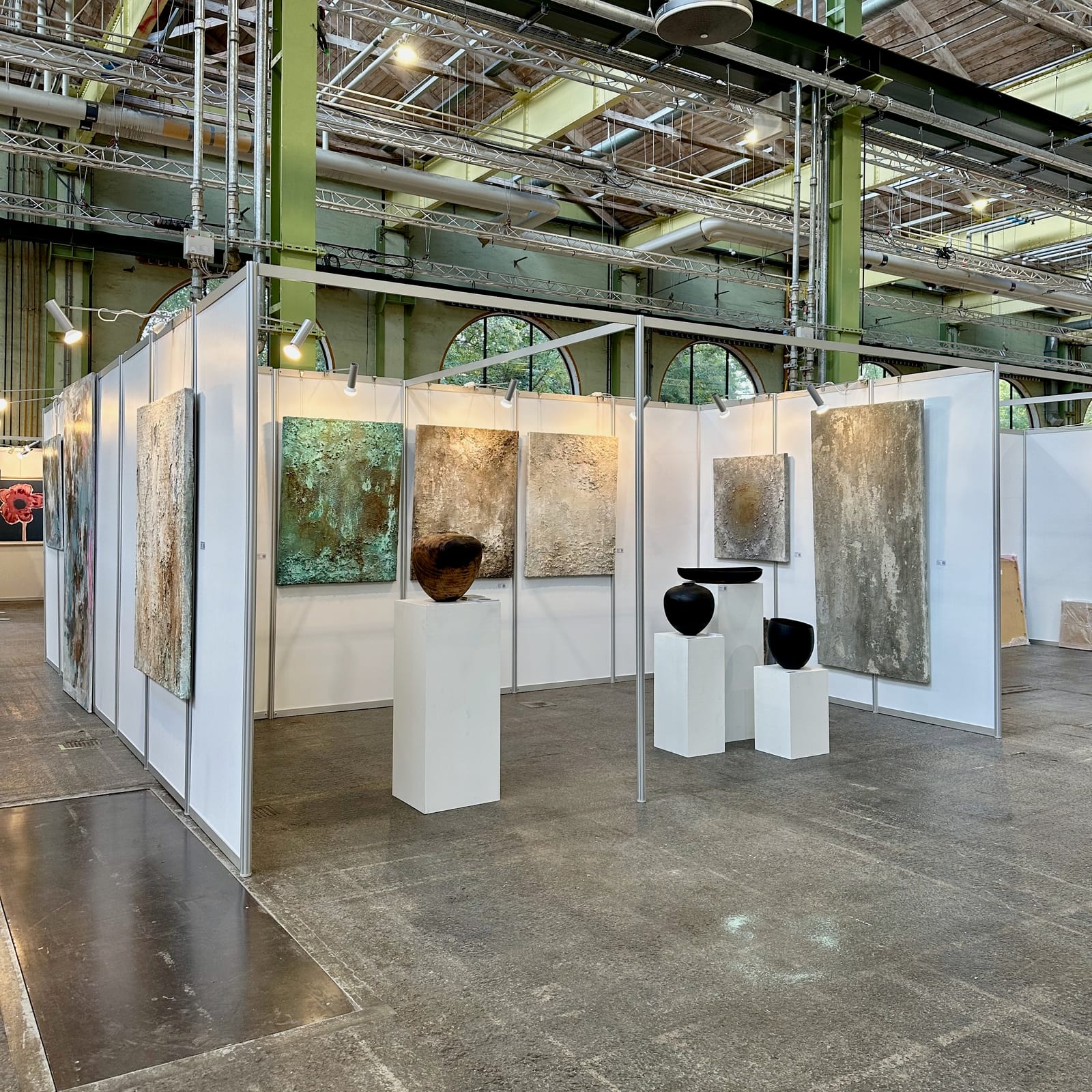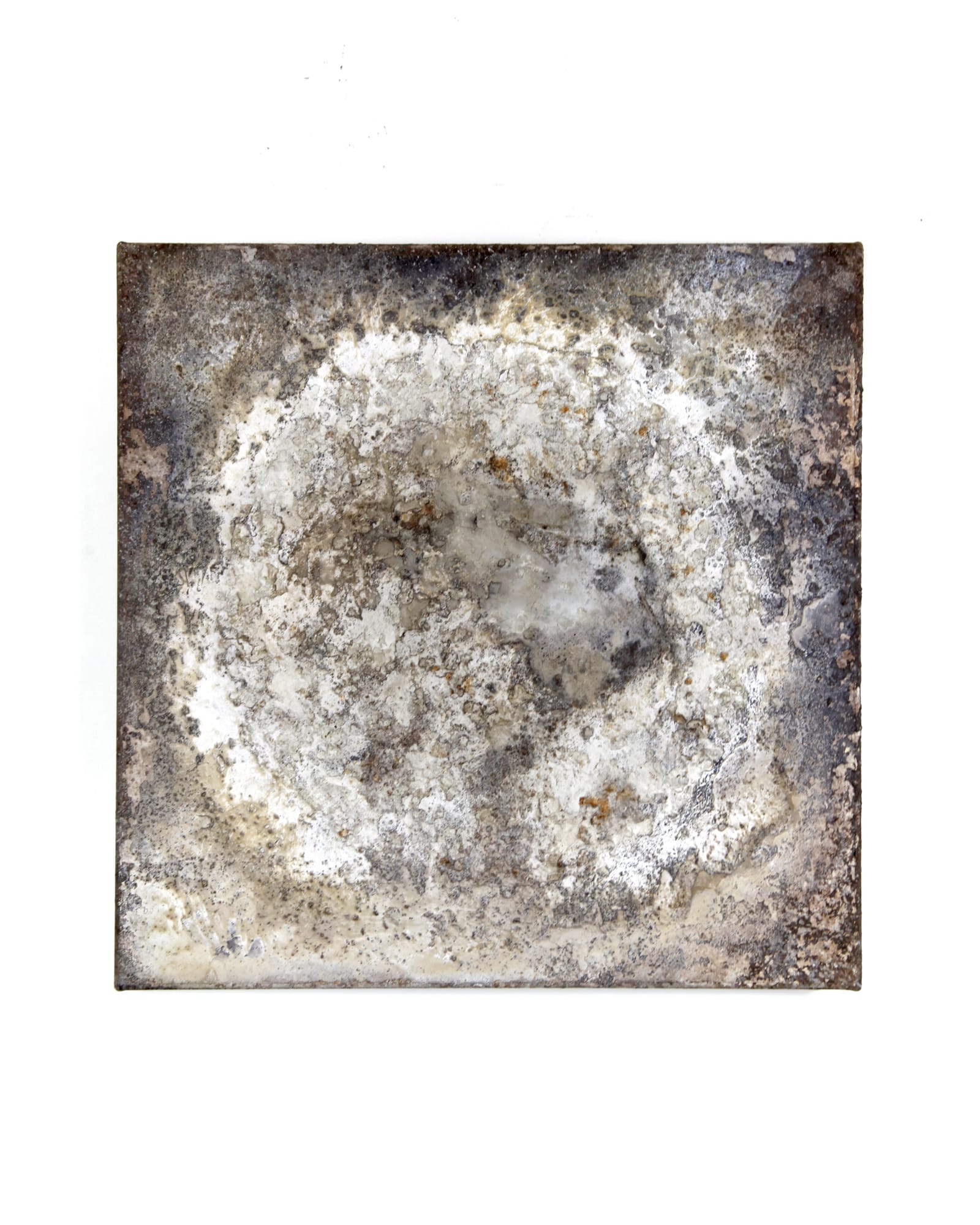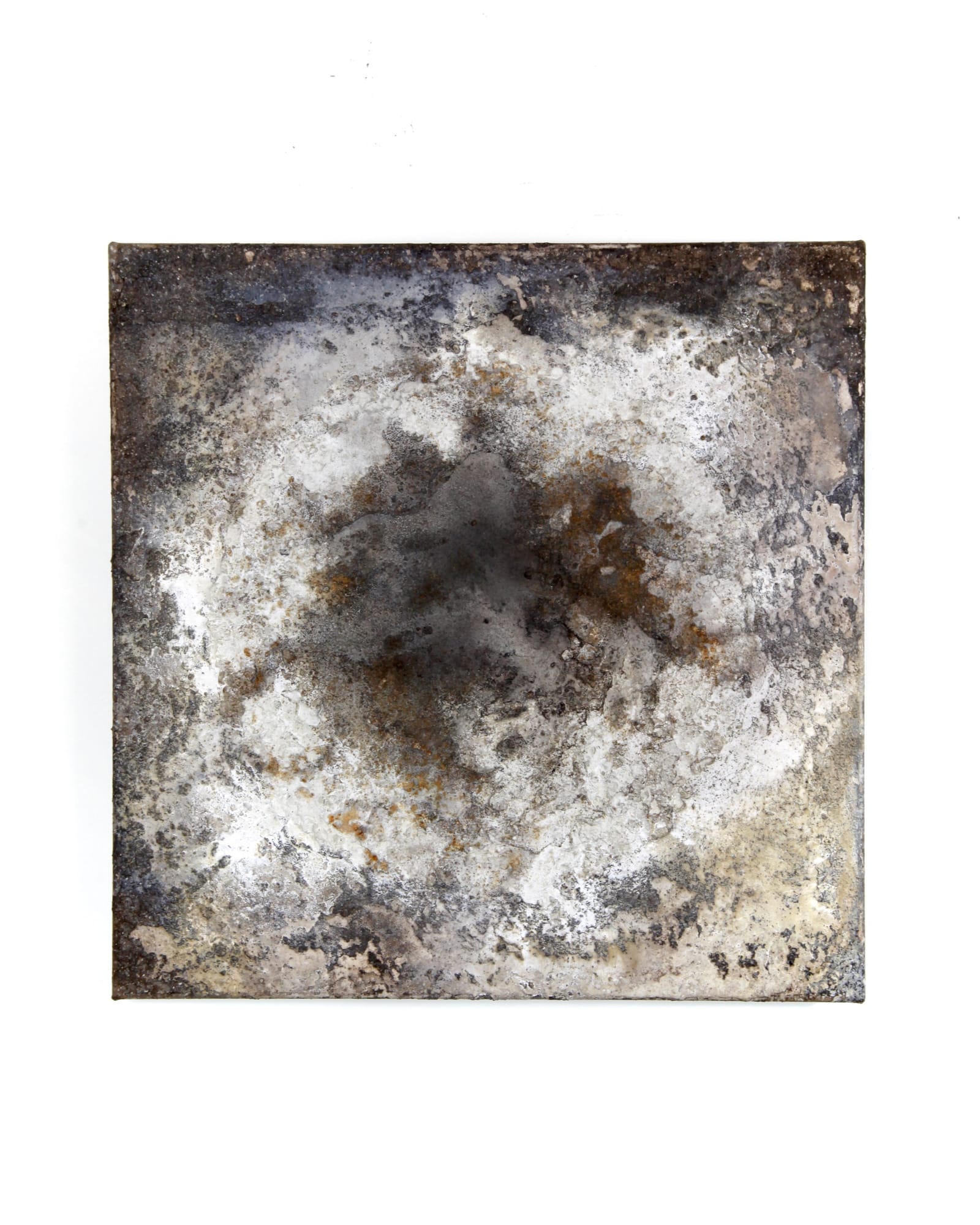Let's just kill the myth of the happy creator who lazes away on a daily basis and then shines for a few hours or 3 in his studio when inspiration hits.
Like any other serious occupation, artistic creation requires both work ethic and discipline. Even those of us who consider ourselves happy amateurs must act professionally if things are to come of the efforts in the end.
It is not in the sciences (alone, anyway) that we must look for inspiration, and the new narratives that can sustainably take us forward into the twenty-first century.
All the more difficult to accept that a large part of the artistic process can immediately seem like wasted work; that much of what is created will later be deleted or reworked beyond recognition. Often you can have the feeling of wandering around without having a clue. . . and just that feeling can actually be worth cultivating.
Imagine this early stage in the process; the initial steps, where you tentatively grope and try to find some kind of footing; sometimes just throw yourself into deep water and find out that you can both float, swim and even dive under.
Imagine how cool it is not to be bound by a lot of experiences you yourself and everyone else have made. How wonderful not to be schooled, but being able to wonder and play freely as the child.
Imagine a freedom. And imagine the alternative—
It's not the end of the world to hit outside the target, but really, really sad if you never get a shot. Of course it is uncool the moment you recognize that several (or several, many) days' work must be painted over or rewritten. However, as long as you have the feeling that you are on the trail of something significant, and that the painting or the text hides an essence that you eventually will be able to work your way into and uncover, it is a matter of continuing.
Some works are more stubborn than others and there is no shame in admitting that what you have done so far does not meet the (ambition) level. Rather than getting upset, one must enjoy the privilege of being able to separate the dirt into atoms, and start over with a new approach; practice looking at things with open, unreserved eyes, or perhaps just allow yourself to . . . play.
Hell, that's exactly why it's so vital to challenge yourself, and not grow old—(writes the chronic generalist; jack of all trades, master of none)—because you're constantly experiencing and exploring the wildest things you've learned and cannot rely on your autopilot and your own learned tools and habits; truths that you have long since accepted with yourself are given, and are not about to change.
Let's just take it one more time for Prince Knud:
Nothing, or virtually nothing that we are used to taking for granted is given in advance. Money and the way we create it; the ways we are used to measuring ourselves against each other; the yardstick we refer to; the stories we tell and the ideas that define our modern world—everything is made up and told.
It's no use, and serves no purpose to walk around being afraid of sticking out, or letting things slip. We have, not just individually, but as a society an interest in having our adopted norms challenged and expanding our understanding and opportunity space.
In other words, art has its justification more than ever.
All of the major common challenges we face today are directly related to our common narratives: the way we have chosen to initiate our finances and our money. Therefore, none of the challenges can be solved within our traditional understanding of reality. It is not in the sciences (alone, anyway) that we must look for inspiration, and the new narratives that can sustainably take us forward into the twenty-first century.
The green transition can only be lifted if we as humanity live up to our creative potential, and formulate both better and bigger stories. So it may well be that sometimes it feels as if we are each groping our way, but . . . rather that than falling back into an everyday grind where job security and monthly payments are all that matters.
Economic prosperity cannot secure the world and life for our children. More is needed. The sooner we all dare to grope our way into the unknown and explore other, new and creative paths, the better.







